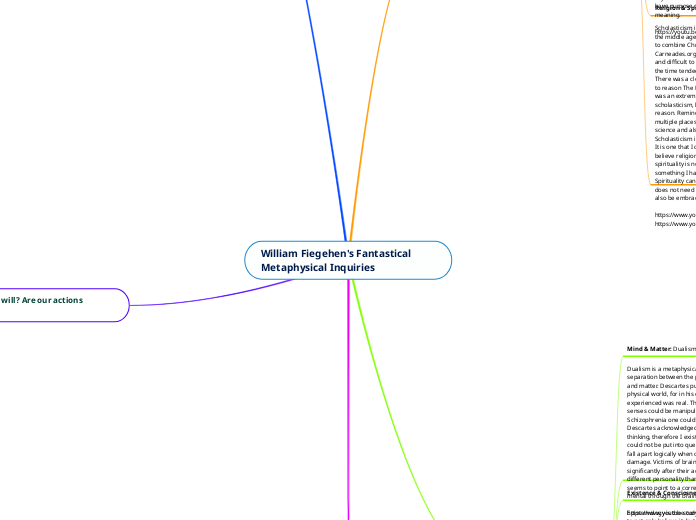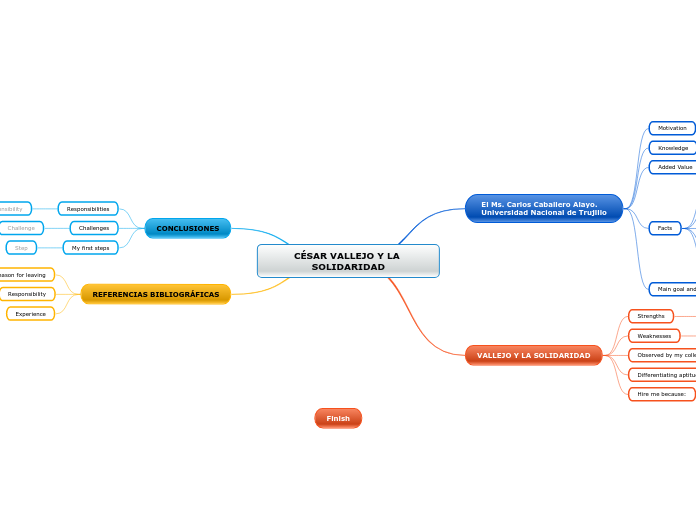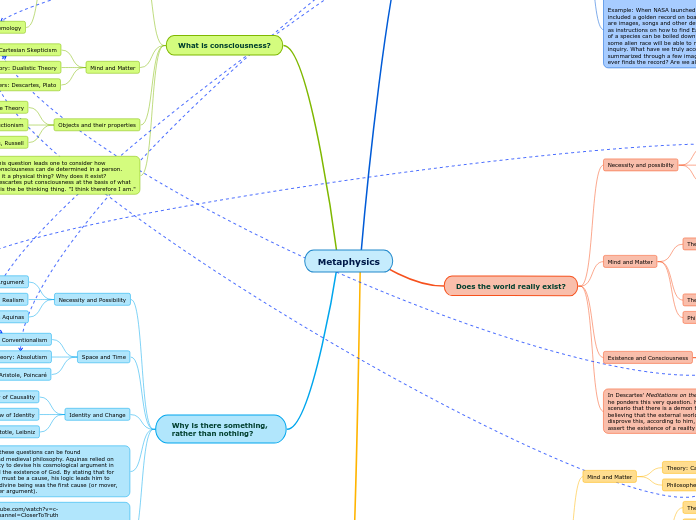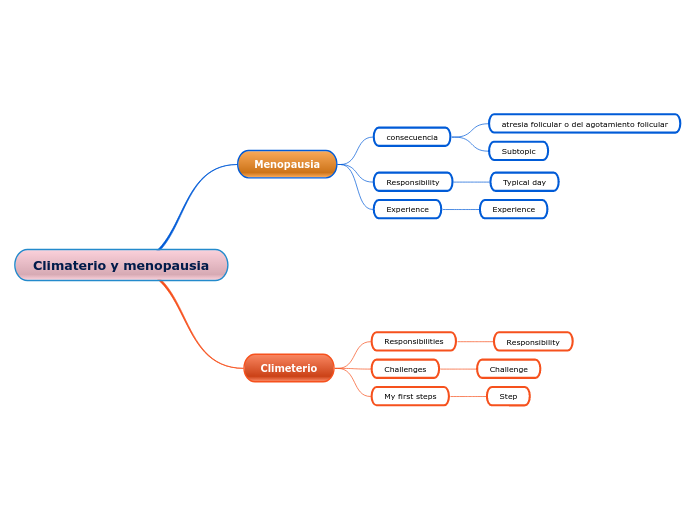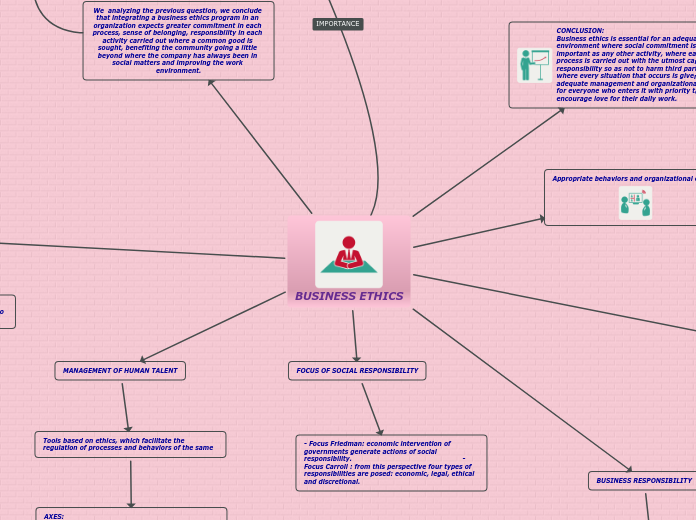a William Fiegehen 2 éve
187
William Fiegehen's Fantastical Metaphysical Inquiries
The debate around free will versus determinism explores whether our actions are truly free or predestined. Determinism argues that every decision is influenced by prior causes, nullifying the concept of free will.
